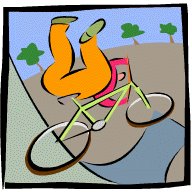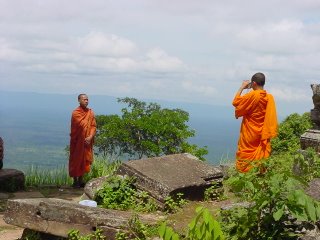to welcome the official start of winter.
To my friends in the USA, China, and Japan,
Please remember us during this traumatic, disastrous event to hit Thailand, only two years after the tsunami.
See the below excerpt from a news article in the Bangkok Post. Be sure to see the temperature conversion at the bottom to get the full impact of this terrifying and relentless onslaught of Old Man Winter in Thailand.
"Chiang Rai declared a disaster area as temperatures plummet
Plunging temperatures have prompted local authorities in Chiang Rai
to declare the province a disaster area.
"Temperatures in Chiang Rai have dropped and will continue to do so
until Jan 20, he said.
"Yesterday morning, the temperature was measured at 12.7 degrees Celsius in the town of Chiang Rai and nine degrees at Doi Tung mountain, said Mr Kittirat."
Link to Bangkok Post article:
http://www.bangkokpost.com
************************************************************
Here's the scoop for Farenheit temperatures:
12.7 degrees Celcius = 55 degrees Farenheit
9 degrees Celcius = 48 degrees Farenheit
Essentially, this disaster means the Thais will have to start wearing socks, a long-sleeved shirt, and (God forbid) an undershirt!
Last night, my town got down to 11 Celcius (52 Farenheit), so I guess we qualify for Federal Aid too. Of course, all of the above are midnight-to-4 a.m. temperatures. Nobody mentions that the days still warm up to 84 degrees Farenheit.
From My Hardship Post in Thailand,
JD





